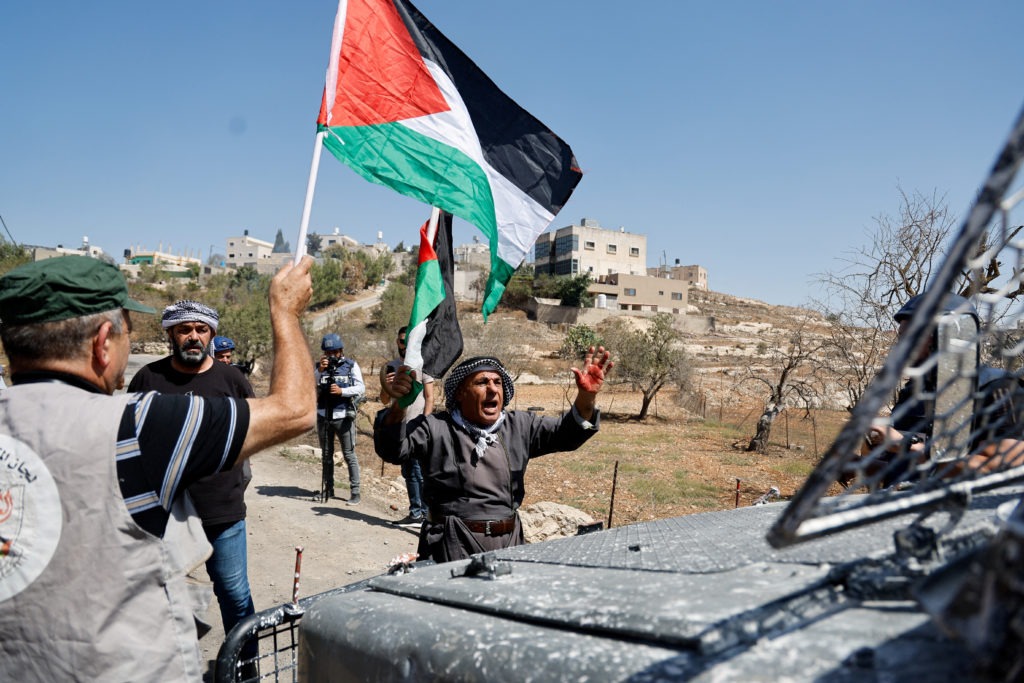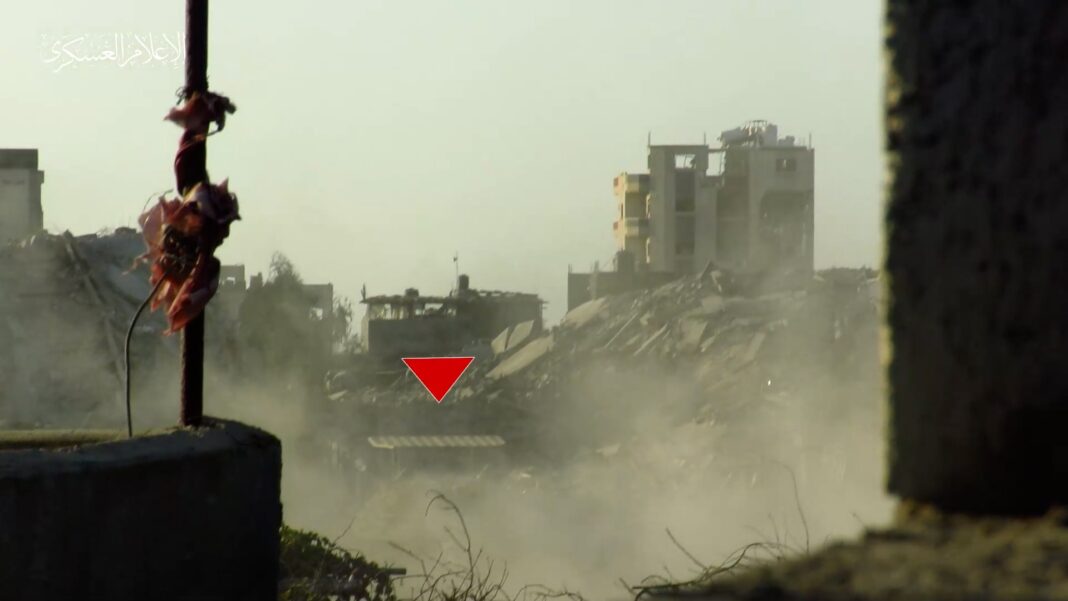A Palestinian fighter launched an overnight attack on an Israeli military base in the northern West Bank this week, killing two Israeli soldiers and wounding at least 11 others, according to Israeli authorities.
The targetted operation at the Taser base has been described as one of the most significant strikes against Israeli forces in the region in recent months, amidst accusations that Israeli authorities is covering up the true number of IDF fatalities involved.
Now, the identity of the attacker has been revealed. Muhammad Dagma, the brother of Ahmed Dagma—the founder of the Toas Battalion in the West Bank resistance—was behind the operation. Ahmed Dagma was previously killed, and Muhammad was reportedly imprisoned by the Palestinian Authority for approximately 157 days before being released in November. Reports indicate that Muhammad was between 23 and 25 years old at the time of the attack. He carried out the operation alone, targeting Israeli soldiers near a checkpoint widely criticized for making Palestinian lives difficult under occupation. While Israel admitted to two fatalities, including an officer, and 11 injuries, some sources suggest the numbers could be higher due to the prolonged clashes that ensued.
The attack underscores the resilience of Palestinian resistance despite Israel’s extensive and illegal military campaign in the West Bank, particularly in Jenin, where the IDF has been systematically targeting Palestinian fighters and infrastructure. This latest assault demonstrates that despite Israel’s military presence, armed resistance continues to pose a challenge.
Broader Implications in the West Bank
The attack comes amid heightened Israeli military operations in the West Bank, particularly in Jenin, where Israel has been carrying out large-scale raids targeting Palestinian resistance fighters. The ongoing military campaign has led to widespread displacement of residents and destruction of infrastructure, with Israel asserting that these operations are necessary to dismantle armed resistance groups.
Palestinian groups view the recent attack as a demonstration of their ability to counter Israeli military actions despite the overwhelming force deployed by Israel in the West Bank. Similar incidents in the past have seen Palestinian fighters carrying out operations against Israeli forces in various locations, including sniper attacks and coordinated ambushes.
Israel Resumes Negotiations Amid Conflict
In a separate development, Israel confirmed that it is sending a delegation to Doha for negotiations concerning a potential ceasefire and prisoner exchange. The talks, which were initially delayed, are seen as part of a broader diplomatic effort to negotiate terms for a second phase of the ceasefire between Israel and Hamas.
Israeli Prime Minister Benjamin Netanyahu had previously suggested that progress on negotiations would depend on his meeting with former U.S. President Donald Trump and other American officials. However, the delegation’s departure for talks in Doha indicates that diplomatic efforts are moving forward despite Netanyahu’s earlier hesitations.
Key figures in Palestinian politics, including Marwan Barghouti and Ahmad Sa’adat, are reportedly being considered for release as part of the negotiations. Barghouti, a prominent Palestinian leader and a potential contender in future Palestinian elections, could significantly impact the political landscape if released.
Ceasefire Talks and Future Implications
As negotiations progress, discussions will reportedly focus on prisoner exchanges, rebuilding efforts in Gaza, and the future governance of the territory. Hamas has maintained a firm stance, stating that it will not release all Israeli hostages until Israel fully withdraws from Gaza and commits to ending the war.
Additionally, heavy reconstruction equipment has reportedly been transported into Gaza from Egypt, despite international pressure on neighboring Arab countries to absorb displaced Palestinian populations. Turkish authorities have also pledged to send medical and reconstruction aid to Gaza.




